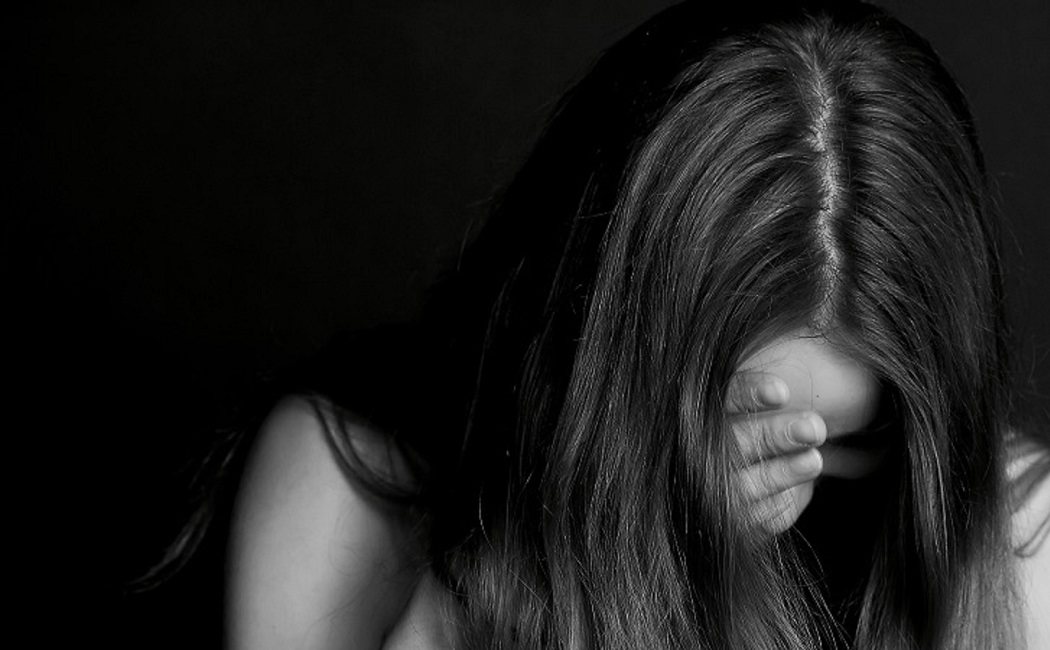Being closed within four walls for a long time can cause a person to become depressed. One experiences the fear of being locked up uncontrollably.
There are many mental problems that can occur during incarceration.. One of these disorders may be claustrophobia. Being closed within four walls for a long time can cause a person to become depressed. One experiences an uncontrollable fear of being locked up. Next, let’s talk a little more about claustrophobia. and how it affects those in detention centers
What is claustrophobia?
As we have already mentioned above. claustrophobia is a fear of closed spacesBecause of this, it is a mental illness that can occur quite frequently during confinement due to the pandemic.
It is considered one of the most common phobias among the current population. and have the following symptoms:
- Severe pain and tightness in the chest
- Tachycardia
- Shortness of breath.
- sweating and shaking
- faint
- squeamish
Claustrophobia while incarcerated
Being locked in the house for hours due to quarantine takes a toll on many people. People feel anguish and this translates into fear of being trapped. Fear of claustrophobia, which many people suffer from People suffer during this detention situation. It can be similar to something called panic disorder..
When a person feels uncomfortable This fear makes him unable to move or leave the area causing the fear.A feeling of suffocation along with loss of control is a common symptom in these people who feel frightened or afraid to be in some enclosed space, such as a house or apartment.
How to treat claustrophobia during quarantine
The pandemic caused by the COVID-19 virus Famously, this is a unique situation that the world as a whole has never faced before. This has caused many people to overwhelmingly stay home as they find themselves completely locked up and unable to get out. Data shows that cases of claustrophobia have increased during these months of quarantine.Many people experience symptoms such as dizziness or a rapid heartbeat when they are at home.

If this is not good for those who are experiencing such terror for the first time, It is much worse for those who have already been diagnosed with the disease.With this in mind, experts in the field offer some tips or guidelines to make life more bearable during these difficult days:
Claustrophobia in full confinement
- It is recommended to practice various relaxation techniques. during the day to help people stay calm So don’t hesitate to practice yoga or meditation if you find yourself feeling too anxious..
- In cases where the fear becomes uncontrollable and worsens It is recommended to take medicines that reduce anxiety levels..
- See a specialist and treat the problem with psychotherapy techniques.. This technique consists in studying the origin of such abnormalities. and offer solutions to various problems To end such fear
- Exercises for proper breathing.
In short, suffering from claustrophobia during quarantine is more common than you might initially think. If you see yourself as having the ability You can overcome this disorder, on the other hand, if this phobia is beyond you. Don’t hesitate to seek professional help to help you overcome such fears. Help from friends and family is also important in treating phobias such as claustrophobia.It’s important to get help and prevent your fear of being trapped from getting worse and negatively impacting your quality of life.

